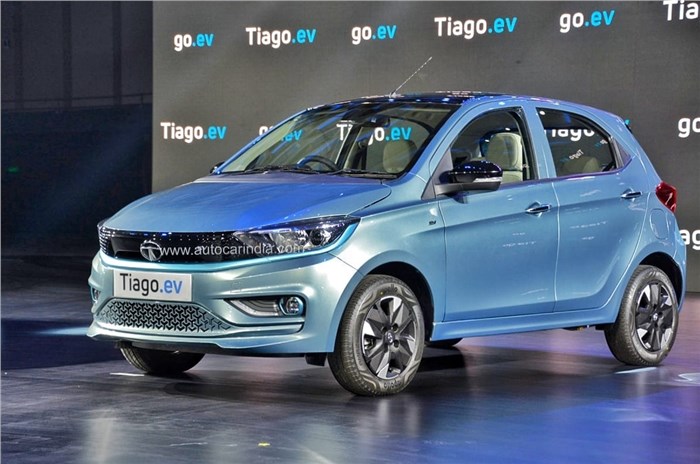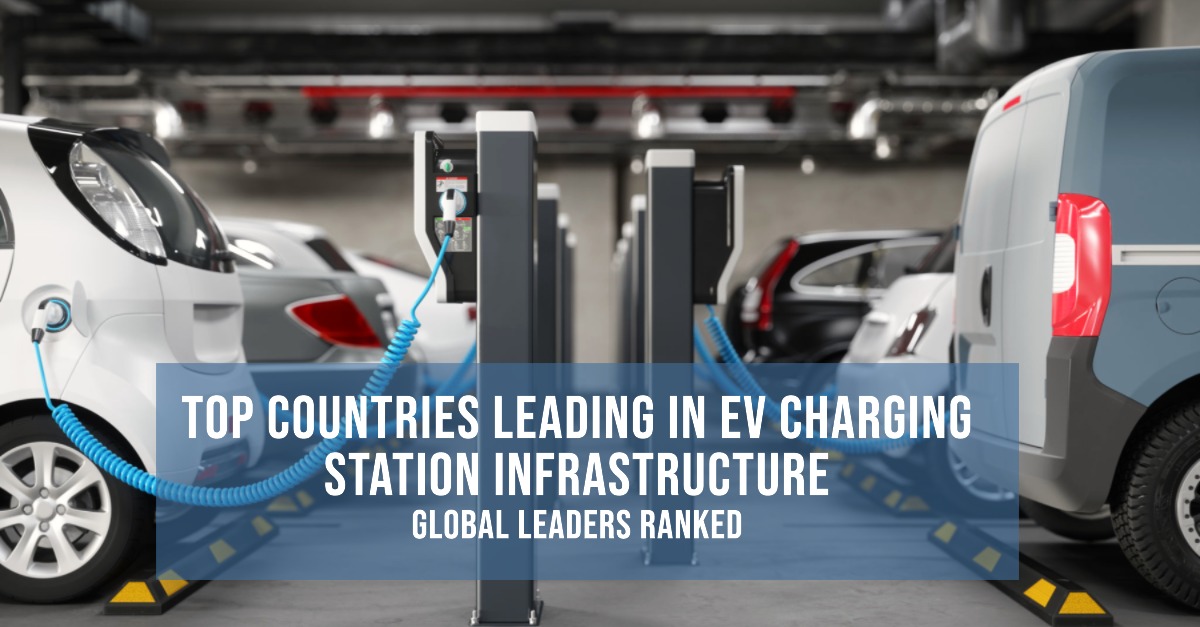
Tata Tiago EV: A Review of the Affordable Electric Hatchback
Tata Motors has been one of the pioneers of electric mobility in India, with its Nexon EV and Tigor EV models. Now, the company has launched its third electric vehicle, the Tata Tiago EV, which is based on the popular Tiago hatchback. The Tiago EV is aimed at the mass market segment, offering a practical and affordable option for urban commuters who want to switch to a greener and cheaper mode of transport. In this article, we will review the features, specifications, performance, and price of the Tata Tiago EV.
Features and Specifications
The Tata Tiago EV is powered by a 21.5 kWh lithium-ion battery pack that delivers a claimed range of 213 km on a single charge. The battery can be charged up to 80% in one hour using a fast charger, or up to 100% in eight hours using a regular 15A socket. The battery pack is also covered by an eight-year or 1.6 lakh km warranty.
The electric motor of the Tiago EV produces 55 kW (74 hp) of power and 170 Nm of torque, which is slightly higher than the petrol version of the Tiago. The motor is mated to a single-speed automatic transmission that drives the front wheels. The Tiago EV can accelerate from 0 to 60 km/h in 5.7 seconds and has a top speed of 120 km/h.
The Tiago EV retains the same design and dimensions as the petrol Tiago, except for some cosmetic changes such as a blue EV badge, a closed front grille, and blue accents on the bumpers and alloy wheels. The Tiago EV also gets LED DRLs, projector headlamps, fog lamps, roof rails, rear spoiler, and ORVMs with integrated turn indicators.
The interior of the Tiago EV is also similar to the petrol Tiago, with a dual-tone dashboard, fabric seats, tilt-adjustable steering wheel, and a seven-inch touchscreen infotainment system with Android Auto and Apple CarPlay connectivity. The Tiago EV also offers features such as automatic climate control, push-button start-stop, rear parking camera and sensors, electrically adjustable ORVMs, and a digital instrument cluster with an EV-specific display that shows information such as battery level, range, power consumption, and regeneration.
The Tiago EV has a boot space of 242 litres, which is slightly less than the petrol Tiago due to the battery pack. The rear seat can be folded down to increase the luggage capacity. The Tiago EV also has a decent ground clearance of 170 mm and a turning radius of 4.9 m.
The Tiago EV comes with dual airbags, ABS with EBD and CSC (corner stability control), ISOFIX child seat anchors, seat belt reminder, high-speed alert system, and immobilizer as standard safety features. The Tiago EV also has a hill ascent assist feature that prevents the car from rolling back on slopes.
Performance and Price
The Tata Tiago EV is expected to offer a smooth and silent driving experience with instant torque delivery and low maintenance costs. The Tiago EV is also likely to have lower running costs than the petrol Tiago, as electricity is cheaper than fuel and there are fewer moving parts in an electric vehicle. However, the Tiago EV may face some challenges such as limited charging infrastructure, range anxiety, and battery degradation over time.
The Tata Tiago EV is priced at Rs. 8.6 lakh to Rs. 11.99 lakh (ex-showroom Delhi), which makes it one of the most affordable electric cars in India. The Tiago EV competes with other electric hatchbacks such as the Mahindra e2o Plus and the upcoming Maruti Suzuki Wagon R EV.
Conclusion
The Tata Tiago EV is a commendable effort by Tata Motors to bring electric mobility to the masses. The Tiago EV offers a practical and spacious hatchback with decent performance and range at an attractive price point. The Tiago EV may appeal to urban customers who want to reduce their carbon footprint and save on fuel costs. However, the success of the Tiago EV will depend on how well Tata Motors can address the issues of charging infrastructure and customer awareness.
Tata Tiago EV faqs
Tata Tiago EV is the electric version of the popular hatchback Tata Tiago. It is expected to launch in India by the end of 2023. Here are some frequently asked questions about the Tata Tiago EV.
Q: What is the battery capacity and range of Tata Tiago EV?
A: Tata Tiago EV will have a 21.5 kWh lithium-ion battery pack that can offer a range of up to 200 km on a single charge. The battery can be charged from 0 to 80% in about an hour using a fast charger.
Q: What are the features and specifications of Tata Tiago EV?
A: Tata Tiago EV will have a similar design and dimensions as the regular Tiago, but with some cosmetic changes such as a blue accent on the grille, EV badges, and alloy wheels. It will also have a digital instrument cluster, a touchscreen infotainment system, automatic climate control, dual airbags, ABS with EBD, and rear parking sensors. The Tata Tiago EV will have a single electric motor that can produce 85 PS of power and 200 Nm of torque. It will have a top speed of 120 kmph and can accelerate from 0 to 100 kmph in 11 seconds.
Q: What is the expected price and availability of Tata Tiago EV?
A: Tata Tiago EV is expected to be priced between Rs. Rs. 8.6 lakh to Rs. 11.99 lakh (ex-showroom). It will compete with other electric hatchbacks such as Mahindra e2o Plus, Maruti Suzuki WagonR Electric, and Hyundai Santro Electric. Tata Tiago EV is likely to be available in select cities initially, such as Delhi, Mumbai, Bengaluru, Hyderabad, and Pune.
Q: What are the benefits of buying Tata Tiago EV?
A: The Tata Tiago EV will offer several benefits to the buyers such as:
- Zero tailpipe emissions and reduced carbon footprint
- Lower running and maintenance costs compared to petrol or diesel cars
- Eligibility for government subsidies and incentives for electric vehicles
- Smooth and silent driving experience
- Access to exclusive parking and charging facilities for electric vehicles
Q: How will Tata Tiago EV compare with other electric cars in India?
A: The Tata Tiago EV will compete with other electric cars in the same segment such as the Mahindra eKUV100, the Maruti Suzuki WagonR EV, and the Renault Kwid EV. The Tata Tiago EV will have an advantage in terms of brand value, safety features, and after-sales service. However, it may face challenges in terms of availability of charging infrastructure, battery performance, and cost-effectiveness.



